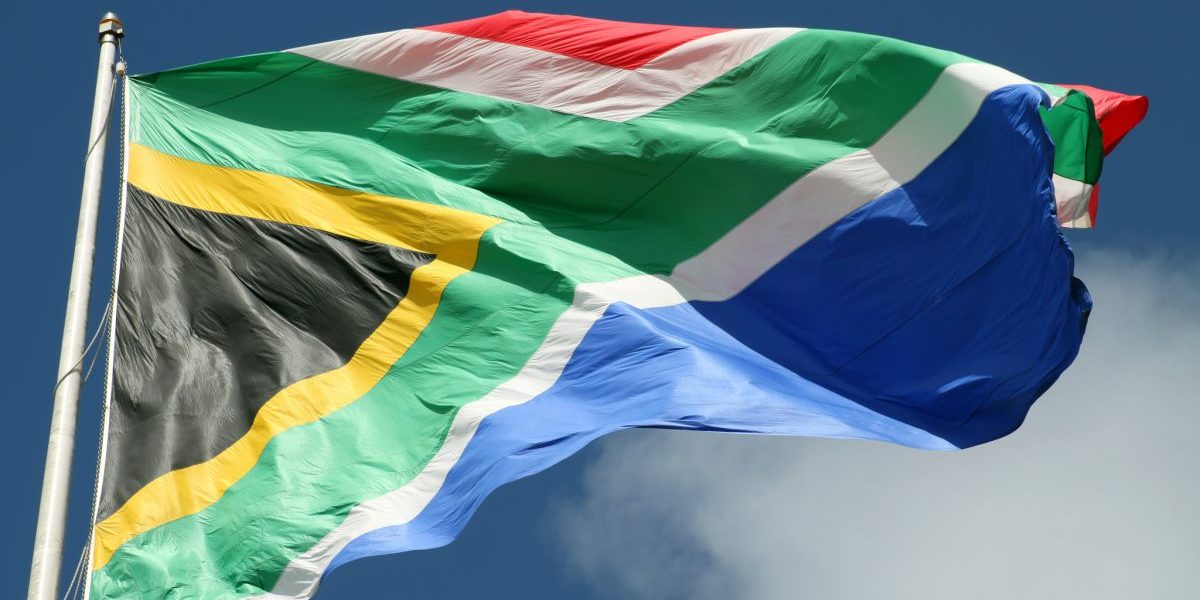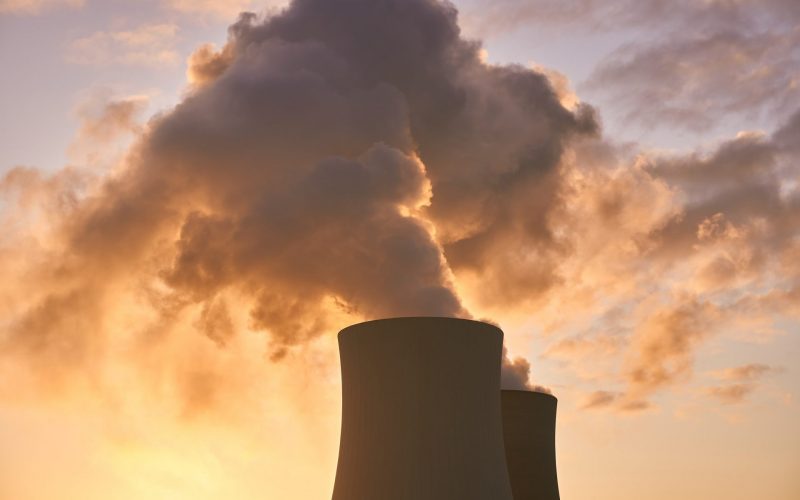They [are] jealous of the results of their action and take good care not to place their future, their destiny or the fate of their country in the hands of a living god…. From now on the demagogues, the opportunists and the magicians have a difficult task. The action which has thrown them into hand-to-hand struggle confers upon the masses a voracious taste for the concrete. The attempt at mystification becomes … practically impossible.’
-Frantz Fanon, The Wretched of the Earth.
AT THE time Fanon wrote his seminal work on the African struggle for freedom, in 1961, African liberation from European colonialism was just becoming a reality. In Africa, countries such as Ghana, Nigeria, Liberia, Libya, Morocco, Guinea, Cameroon, Somalia, Burkina Faso (then still known as Upper Volta) and Senegal had, through their own political emancipations, ushered into being the independence era by 1960. Others were to follow in the ensuing years.
South Africa, of course, was heading in the opposite direction. Its apartheid rulers were determined to block off any possibility of native self-determination. As Kenya was emerging from colonial rule, South Africa was spiralling into deeper repression, with its key liberation leaders being incarcerated, exiled, banned or killed off for the better part of the next three decades.
Liberation movements in Asia and Latin America gave continuous inspiration to Africa’s nascent freedom movements. The Soviet Union, China, Cuba, and others gave a sense of hope that self-determination was a practical possibility.
Even the images of failure and setback, such as the imprisonment of the Rivonia trialists in South Africa, inspired liberation movements elsewhere on the continent and across the world. The face of Nelson Mandela became a rallying point for freedom fighters in Zimbabwe, Angola, Vietnam, Mozambique, Guinea Bissau and as far away as East Timor and Chile.
The agenda of worldwide revolution was clearly defined. Or was it? I came of age during that period. As a student in southern Africa in the 1960s and ’70s, I could not help being close to the unfolding drama of world revolution.
Africa was rapidly changing, sometimes for the better, sometimes for the worse. The US pursued its imperialist interests in Africa through its coddling of Mobutu Sese Seko in Zaire and Jonas Savimbi in Angola. Britain waffled sordidly as Ian Smith launched his Unilateral Declaration of Independence. French President Giscard d’Estaing, more concerned about his hunting privileges than the condition of France’s former colonies, was Jean-Bedel Bokassa’s chief sponsor in turning the Central African Republic into the farcical Central African Empire.
If you were there you know what I am talking about. Colonialism faded, but imperialism never let its hands off Africa. To this day it is questionable whether it has done so. And how do we now explain the seeming transformation of anti-colonial fighters in Kenya, Zimbabwe, Namibia, Côte d’Ivoire, Senegal, Algeria, Tanzania, Ethiopia – and possibly now even South Africa – into appeasers of imperialism and globalisation? How do we, the people of Africa, respond when our liberation leaders become oppressors in the old, colonially inspired mould?
How can we now justify Frantz Fanon’s assertion that the ordinary people of Africa, having selflessly followed their leaders in the freedom struggle, would be ‘jealous of the results of their action and take good care not to place their future, their destiny or the fate of their country in the hands of a living god’?
What rights and freedoms do Africans actually enjoy 40 years down the line? How many ‘living gods’ have been imposed on them in the course of those liberation struggles – ‘living gods’ they are now faced with the formidable task of dislodging? To what extent is freedom still a chimera for the ordinary African?
The conundrum of transforming liberation theology into meaningful, secular, democratic practice is probably as old as human history. Both the French and American revolutions, for example, struggled with this problem. In the case of France, the revolutionary ideals of liberté, egalité et fraternité clashed with the country’s colonial enterprise, particularly in the face of the successful slave revolts in Haiti and elsewhere. The founding fathers of the United States of America, declaring with revolutionary zeal that ‘all men are created equal’, carried on denying the humanity of slaves of African origin.
Post-colonial Africa has been no less plagued by these contradictions. Forty years may be too short a period in which to resolve the conundrum of liberation in a landscape defined by the arbitrary lines of nationality imposed by foreign oppressors. But we should still explore the questions implied by liberation.
What happens when the guerrillas trade their fatigues and AK-47s for woollen suits and government suites?
Haiti rapidly degenerated into anarchy and chaos after the first heady days of a hard won, bloody victory against the colonising power. Today, two centuries later, no amount of pageantry can obscure the successive failures of Haiti’s leaders to deliver on the revolution’s promises of common wealth and equal opportunity. Likewise, the noble principles of liberation, so fiercely espoused from the African bush, have rapidly evaporated in the post-colonial corridors of power.
Kenya’s Mau Mau movement brought to power a kleptocracy whose ravages are only now, and with painful slowness, beginning to be reversed through the gradual arrival of a kind of democracy. Ordinary Namibians threw themselves into what was to become one of the most brutal of anti-imperialist wars, only to find themselves subjugated under a narrow dictatorship when it was all over.
And then there is Zimbabwe, where ethnic cleansing began almost as soon as the ink was dry on the declaration of independence. A successful economy was systematically dismantled after a promising start. Rape camps, in service of a corrupt ruling party, have replaced the classrooms that once embodied the liberation aspiration of universal education.
Who owns the liberation movement? It is a question that begs to be answered in South Africa as much as anywhere else.
South Africa is perhaps exceptional in that there have not been cases of open abuse of power by the ruling party. There have been no Matabeleland massacres. While we continue to be plagued by corruption scandals and all sorts of inscrutable political intrigues, the blatant pocketing of national resources by leading figures and their families cannot be said to be happening on the scale of Angola or Kenya.
Not yet, anyway. South Africa is the dream all of Africa wants to be able to look up to. True, we have had, and continue to have, the personification of Fanon’s ‘living god’ in the person of Nelson Mandela. Although some of his political rivals (even within the African National Congress) might be scandalised by this, it is not an issue for the ordinary South African. On the wider continent, and in the world at large, this ‘living god’ is considered to be one of our greatest assets. ‘Living gods’ are not necessarily such a bad thing – as long as they behave.
On the surface, it might appear that the South African liberation movement has successfully turned itself into a political party that represents the aspirations of the majority. But with the ANC now embarking on a third five-year term in power with its largest majority yet, the question of ownership still remains. The party’s list of leading members is strikingly predictable. New faces and new voices are howled down if they do not toe the party line. Allegations of corruption in high places are all too often sidestepped in sideshows of political theatre called commissions of inquiry.
Is this democracy? The imperatives of the struggle for liberation imposed a certain kind of forced discipline, where difficult questions went unanswered. Although the paradigm has now changed, the internal modus operandi of the party manifestly has not. Look at what democracy is taken to mean in relatively advanced societies like the US where, at least since the terrorist attacks of September 11, 2001, fear has eroded tolerance and respect for open debate and those who ask questions are denounced as unpatriotic. Can Africa be expected to do much better? For our own sakes, we had better persevere toward a condition of governance where the higher principles of liberation prevail irrespective of the identity of those in power.







